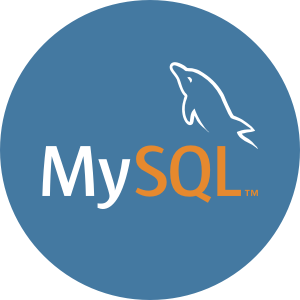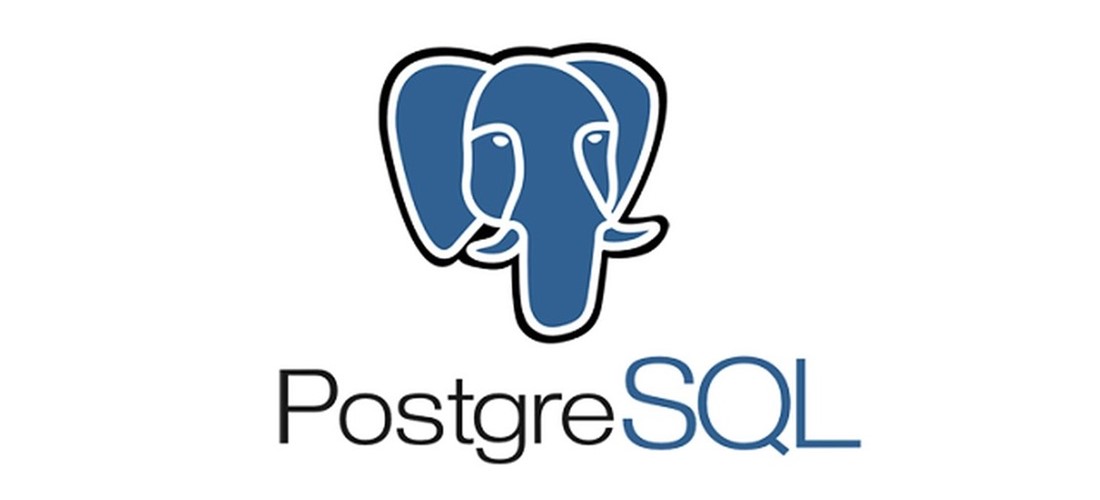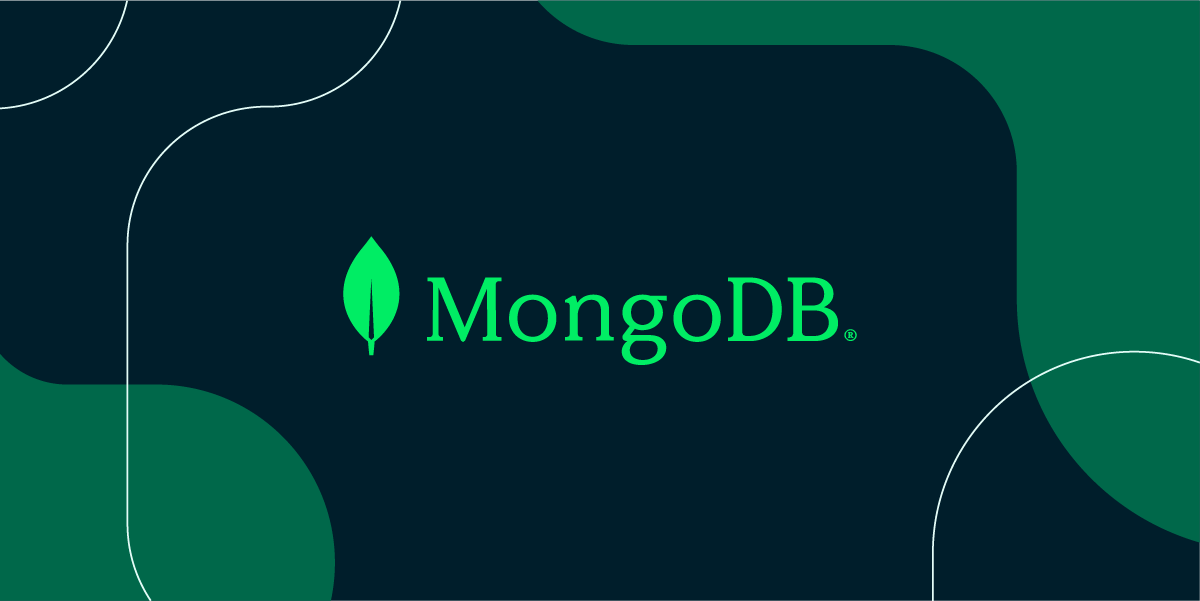Microsoft SQL Server is commonly used to manage controls/permissions, backup, recovery, and data migration — but it may not be the best option for you. Through this blog post, we will be listing out the top 10 SQL Server alternatives for you to consider while investigating the best fit.
Whatever might be the reason for the change, whether it is the ease of use, price, user rating, or value for money, there are many alternatives available that might be a good fit for your needs.
Also, there are other important factors to consider when researching Microsoft SQL Server alternatives which primarily include database management and reporting tools. Let’s talk about them and list out some of the major alternatives to MS SQL.
Table of Contents
What is Microsoft SQL Server?
Microsoft SQL Server is a Relational Database Management System (RDBMS). It is also known as Microsoft SQL Server or MSSQL. SQL Server was created by Microsoft and was first released on April 24, 1989.
SQL Server 2019 was released on November 4, 2019. MSSQL is written in programming languages such as C and C++.
Microsoft SQL Server comes in several editions, each with its own set of features: Express, Enterprise, Standard, Web, and Developer. Express edition is freeware for small and entry-level applications, whereas other editions are licensed-based and used for larger projects on commercial levels, depending on the service required.
SQL Server supports the XML data format as well as dynamic management views. The SQL Server is built around a core component known as a Database Engine. And the database engine also executes database objects such as stored procedures, views, and triggers.
Factors to Consider While Searching for Microsoft SQL Server Alternatives
Here are major factors while searching for Microsoft SQL Server Alternatives:
- Pricing: Microsoft SQL Server is designed to handle millions of records across an organization. It has a high price because of its robust technology. That said, MS SQL’s enterprise edition cost, depending upon your requirements to host the database application, can cost thousands of $$$. And, the price can prohibitively expensive for most small businesses. As a result, many small businesses rely on open-sourced databases that are widely used by Web and desktop programmers.
- Compatibility Issues: Microsoft SQL Server is only compatible with Windows-based servers. Certain applications run smoothly as their resources are linked, but when a new version is released, this causes mayhem around the server which makes the application incompatible.
- Restriction on Hardware: Older versions of SQL Server may run on older hardware, but newer versions of the application require more advanced technologies to support the database’s resources. SQL Server also requires the.NET framework, which is a separate component used by developers, to be installed on a machine. If the company intends to have a very large database, the hard drive must have enough space in addition to the gigabytes required for the database engine alone.
Hevo supports MS SQL Server as a destination, enabling you to integrate data from over 150+ sources effortlessly.
Why Choose Hevo for Databricks Integration?
- Broad Source Connectivity:.Over 150+ data sources including databases, SaaS applications and more.
- Real-Time Data Transfer: Ensure your data in MS SQL Server is always current with real-time sync.
- No-Code Data Pipelines: Easily set up and manage your data pipelines without needing technical skills.
Join 2000+ Happy Hevo Customers
Experience seamless data integration with Hevo. Don’t just take our word for it – see why we’re rated 4.3/5 on G2.
Take our 14-day free trial to experience a better way to manage data pipelines.
Get started for Free with Hevo!Top Microsoft SQL Server Alternatives
Let’s look at some of the top Microsoft SQL Server alternatives. We’re confident that by the end of this article, you’ll have a thorough understanding of the various options and their features.
1) MySQL

MySQL is a relational database management system (RDBMS) that assists businesses in recording, updating, and managing data as well as deploying cloud-native applications. Data masking and de-identification, multi-document transaction support, intrusion detection, alerts, and configuration management are among the features.
The software includes tools for automating administrative tasks like data provisioning, backup, patching, and tuning. Engineers can safeguard sensitive data by employing encryption, key generation, and digital signatures.
MySQL Enterprise Firewall protects data for database administrators by providing real-time threat monitoring, whitelisting, and SQL statement blocking features. Engineers can use the Query Analyzer to view query activity, identify problematic queries using full table scans and bad index searches, and evaluate multiple executions over a specified period.
MySQL Workbench can be used by developers to do database modeling, query development and testing, server configuration, audit data inspection, and database migrations. MySQL enables team members to recover data through the use of backward compatible full recovery, precise one-click, point-in-time, and partial recovery capabilities.
With this much detail in hand, MySQL can be placed on the list of SQL Server Alternatives.
2) Oracle Database
Oracle Database is a data warehouse software that uses machine learning to help businesses of all sizes manage data and automate recurring tasks. Managers can use the platform to create business models, transform data, and detect hidden anomalies across datasets.
To ensure compliance with general data protection regulation (GDPR) protocols, administrators can mask sensitive data and assess user security. Oracle Database also enables managers to gain insights into geospatial data to identify business opportunities in various industries.
Oracle Database enables teams to use statistical analysis and pattern recognition features across large datasets while also managing data backups through a unified interface.
Hence, Oracle Database can be added to the list of SQL Server Alternatives
3) PostgreSQL

PostgreSQL is an open-source relational database management system (RDBMS) that assists businesses in the storage, management, and scaling of data workloads ranging from single machines to data warehouses with multiple concurrent users. Materialized views, stored procedures, indexing, multi-factor authentication, full-text search, and event triggers are among the features.
Developers can define data types such as numeric, date/time, array, or geometry, build custom functions, and maintain data integrity using exclusion constraints, explicit locks, and primary or foreign keys in the ACID-compliant system. SQL can be used by database administrators to perform a variety of data operations such as INSERT, UPDATE, DELETE, and others
PostgreSQL keeps a write-ahead log (WAL), which allows developers to record file changes and restore databases in the event of a system crash. Administrators can grant permissions at the column and table levels to role-based objects. Table query performance can also be improved by accelerating partition pruning, automatically invalidating cached execution plans, writing background checkpoints, and limiting bandwidth usage for backup processes.
With this much detail in hand, PostgreSQL can be placed on the list of SQL Server Alternatives.
4) MongoDB

MongoDB is database management software for organizations in a variety of industries, including media, technology, healthcare, retail, hospitality, telecommunications, finance, education, energy, and public services. It enables developers to create applications and use built-in tools to visualize, manipulate, and analyze data.
Administrators can provide a secure user experience by configuring role-based access rights, dedicated firewalls, authorization protocols, and transport layer security (TLS) encryption in MongoDB. Staff members can use the data explorer to run queries, monitor index usage, access collection metadata, and interact with data.
MongoDB includes an API that allows businesses to integrate the system with a variety of third-party solutions, including Tableau, Microsoft Power BI, and Qlik.
MongoDB Atlas enables developers to create deployment clusters across multiple cloud providers, including AWS, Google Cloud Platform, and Microsoft Azure, by specifying usage region, instance size, and memory requirements.
5) MariaDB
MariaDB is the database for everyone, capable of supporting any workload, in any cloud, and at any scale. It can support transactional, analytical, and hybrid workloads, as well as relational, JSON, and hybrid data models.
MariaDB scales from standalone databases and data warehouses to fully distributed SQL for performing interactive, ad hoc analytics on billions of rows and executing millions of TPS. MariaDB can be deployed on commodity hardware, in all major public clouds, and via MariaDB SkySQL DBaaS.
Therefore, MariaDB can be placed on the list of SQL Server Alternatives.
6) IBM DB2
IBM Db2 is a cloud-based data management solution that includes data virtualization, containerization, automated administration, and development lifecycle management.
Businesses that use IBM Db2 can benefit from modernized data management, faster insights, and elastic scaling. The platform provides a versatile environment that supports a wide range of data types and languages.
You can consider IBM DB2 on the list of SQL Server Alternatives.
7) Microsoft Access

Microsoft Access is a database management system that allows you to create functional database apps for any business need. Access can create unique business apps, automate important business processes, and consolidate information for forms and reports by integrating Visual Basic for Applications (VBA).
Users can seamlessly integrate third-party business apps into Access’ connector library to generate aggregated visuals and insights for any report or app.
8) Firebase
Firebase, which is built on Google’s cloud infrastructure, allows businesses to create web and mobile applications that include cloud storage, analytics, and messaging capabilities. Authentication, crash reporting, offline access, alerts, remote configuration, and prediction are among the features.
The NoSQL document database Cloud Firestore allows developers to store, sync, and run queries while developing apps. It synchronizes app data between devices and sends update notifications to users automatically. Trigger functions can also be created by developers to detect data changes, new user sign-ups, or conversion events. Project owners can use Cloud Messaging to create targeted messages based on the receiver’s demographics and behavior, set up message publishing schedules, and specify frequency limits for the number of views.
Firebase integrates with a variety of third-party applications, including Slack, PagerDuty, and Jira, as well as Google’s native platforms, such as Google Ads, Play Store, and BigQuery. The app assists managers in diagnosing and viewing app performance via a Firebase console, as well as running custom tests throughout the app development lifecycle.
9) Amazon Aurora
Amazon Aurora is a relational database built for the cloud that is MySQL and PostgreSQL compatible. It combines the performance and availability of traditional enterprise databases with the simplicity and cost-effectiveness of open source databases.
Amazon Aurora is up to five times faster than conventional MySQL databases and three times faster than conventional PostgreSQL databases. It offers the security, availability, and dependability of commercial databases at a fraction of the cost.
Amazon Relational Database Service (RDS) fully manages Amazon Aurora, automating time-consuming administration tasks such as hardware provisioning, database setup, patching, and backups.
10) Hadoop

Hadoop enables the parallel analysis of large datasets by clustering several computers rather than requiring a single large computer to store and analyze the data.
Hadoop makes it simple to fully utilize the storage and processing capabilities of cluster computers, as well as to run distributed operations on massive amounts of data. Hadoop provides the foundation for the development of a wide range of services and applications.
Therefore, Hadoop can be placed on the list of SQL Server Alternatives.
You can read more about:
- AWS RDS MSSQL to Databricks
- SQL Server to SQL Server
- Slack to SQL Server
- Setting Up Airflow SQL Server
Conclusion
This blog introduced you to Microsoft SQL Server as well as its disadvantages as well. It also provided you with a detailed list of the Top 10 Microsoft SQL Server Alternatives.
As you collect and manage data across multiple applications and databases in your business, it is critical to consolidate it for complete business performance analysis. This is easily accomplished with a Cloud-based ETL tool like Hevo.
Want to take Hevo for a ride? Sign Up for a 14-day free trial and simplify your Data Integration process. Do check out the pricing details to understand which plan fulfills all your business needs.
FAQ
What is the best alternative to SQL?
Alternatives to SQL include NoSQL databases like MongoDB, Cassandra, and Firebase, which handle unstructured data and scale better for specific use cases like real-time applications.
What replaced SQL Server?
While SQL Server remains widely used, cloud-based platforms like Azure SQL Database or Amazon RDS are often adopted for their scalability and managed services.
What is the replacement for SQL?
SQL is complemented by NoSQL databases for non-relational data models and by modern query languages like GraphQL for API-driven applications, though it’s not entirely replaced.




